However, sometimes we can feel quite low, unfocused and unmotivated during the winter months and there are good reasons for why that happens. So here are some tips to help lift you out of that space and keep you sharp and perky. Sunshine gives us a good quota of our daily Vitamin D intake which amongst other things is important for mood, sleep, immunity, absorption of other nutrients and motivation. There are some interesting studies around how vital it is to keep your Vitamin D levels optimum to prevent dementia and cognitive decline in later years. Its common for levels to drop during winter due to lack of sunshine so I often recommend a Vitamin D supplement to keep levels optimum.
0 Comments
These small but very important components of DNA are vital to keep our bodies well and really functioning properly. Every single one of the cells in our bodies have telomeres and DNA, the genetic code that makes us who we are. Throughout our lives as our cells divide and replenish, the bits on the end, the Telomeres get shorter and shorter and eventually too short to do their job. This is part of the process of ageing.
Many studies indicate that the ageing of individual cells is central in the general decline of muscle function, our immune system, blood flow and metabolism when we grow older.A lot of research is being done around Telomerase, an enzyme responsible for lengthening telomeres. However a word of caution around Telomerase supplements - too much can be as bad as too little, causing adverse effects in certain conditions.
Understanding “healthy”ageing makes us more aware of ways to prevent age associated diseases including cardiovascular disease and cancers and so incorporating lifestyle methods can certainly help slow down this process.
I love the way that nature, particularly from anti oxidant rich foods can slow down this ageing process and support your body at a cellular level. I have recently been reading a study around Enzogenol, an antioxidant rich natural extract from the bark of pine trees, which specifically shows that it protects Telomeres from the age related shortening process. Needless to say, making good choices and caring for your body through a wholesome diet, regular exercise and stress reductions is the key to slowing down the ageing process. Im not a gardener. Like most of us Im sure, Ive always dreamed of that house with a beautiful garden full of lovely flowers and fruit trees and a majestic veggie patch which fed us all year from the abundance of produce. But to be truthful, its not something that I really enjoy - I don’t know if its because I'm inherently lazy or whether its just because its backbreakingly hard dirty work. So probably at this stage the dream will probably stay a dream. Im hoping that one day I will see the light and become a green fingered enthusiast.
However, it doesn't mean to say that I don’t grow anything. For the last 6 months or so, we have been completely self sufficient when it comes to salad. I buy the small plants - $3.50 for a tray of 6 well established seedlings, which consists of perhaps lettuce, rocket, mizuna, mustard greens, bok choi, beets amongst many other seedlings - from Murray and Rob from Heirloom Organix at the Parnell Farmers Market. They have an amazing array of the healthiest looking plants, seedlings and micro greens that you will ever see and are totally dedicated to their work and getting good organic produce out there. They do all the hard work for you so you literally just pop them in the soil and watch them grow. Because they are such good quality and with the temperate climate in Auckland most of the time the seedlings just pop up and you can harvest them in about 6 weeks. The pleasure of being able to pick your own homegrown food every day is worth the little bit of hard work to plant - even I can manage that. All I need to do is to keep replenishing the plants so that I have a continuous supply on the go. They also sell great organic fertilisers so that you can feed your crop and keep the soil healthy. I was lucky enough to have a friend who made us some raised beds which we have just by our front door. They are lined with polythene and then filled with bags of organic soil from a good garden centre. We have a couple of those and also a wonderful green planting box called Green Smart which came from the Ecostore. You can plant herbs or salad and rather than watering straight on to the plant it has a clever water refill tube that keeps it well watered from underneath, which means that if you fill to the maximum level it will retain enough water if you are away for up to a week in peak summer. You can grow a huge amount in pots too, especially herbs which are such a good base for a salad or to use in cooking. We have a good selection up and running now - basil, thyme, oregano, coriander, parsley, rosemary All the Farmers Markets that I have been to around the city and in the country have growers with seedlings ready to plant. It really is as simple as getting some pots together or a small patch of garden to plop in your plants. And such an economical way of having your own freshly picked organic salad and herbs. The nutrient quality is so much greater than buying produce from the shops which could have been transported for days before reaching their destination and therefore losing most of their nutrient value. I discussed all of the importance of supporting your local Farmers Markets for this very reason in my last blog. If you can’t get to a Farmers Market you can always buy seedlings on line or from store suppliers. Have a look at Heirloom Organix website www.organicseedlings.co.nz Happy growing!! I was recently in the UK visiting family and checking out the whole food industry over there. Since I was last there has been a definite increase in awareness of raw foods and particularly fermented foods - jars of sauerkraut, kefir and all things live. I spent time wandering around the aisles in Wholefoods, other health food shops and food outlets and was excited to see ranges of new products particularly around coconuts which are so topical right now. I would say that New Zealand has the upper hand on all things gluten free, particularly around breads which are hard to find in the UK.
It seems that wherever you are there will be one close by on a Saturday or a Sunday either in a car park, a school playground or in town centres. They are very well attended, create communities and allow people to build up a rapport with the stallholders. It’s great to find out the source of the food that you are eating, where it was grown or reared, how it is produced. The other thing is that you know it has been freshly prepared or picked - none of the packaging that you get in supermarkets with long sell by dates and no idea of when it was actually packaged. It may sometimes be a little more expensive but that feels justified when you meet the people who are proudly supplying the produce and their dedication to the cause by being there every weekend, rain or shine to provide to their customers. It also allows a lot of these farmers to be able to cut out the middlemen such as supermarkets and to establish links with restaurants and other food outlets, selling to them directly. Finally, it gives us access to regionally grown food - to fit the criteria in the UK you have to be within 100 miles of the market. It makes sense to be able to buy an apple from a local orchardist rather than one that has been shipped to a central distribution point and then transported back to your local retail outlet.
Other studies show that coconut oil speeds metabolism and encourages weight loss, the fat content can leave you feeling fuller longer therefore suppressing appetite, it can supply energy to the brain cells of those with Alzheimer’s and poor cognition, it can improve blood cholesterol levels protecting against heart disease, reduce seizures in epileptic patients and benefit moisture levels of both hair and skin. The water straight from a fresh coconut is sterile and a perfect mix of electrolytes and has been used successfully in place of a saline drip for serious dehydration. Due to coconuts resurgence in popularity there are a variety of great products being produced - coconut yoghurt, coconut milks, coconut kefir, a great alternative for those who are dairy free and a delicious alternative for those who are not.
|
AuthorNellie is a passionate foodie who loves sharing her knowledge of nutrition & naturopathy. Archives
May 2017
Categories |




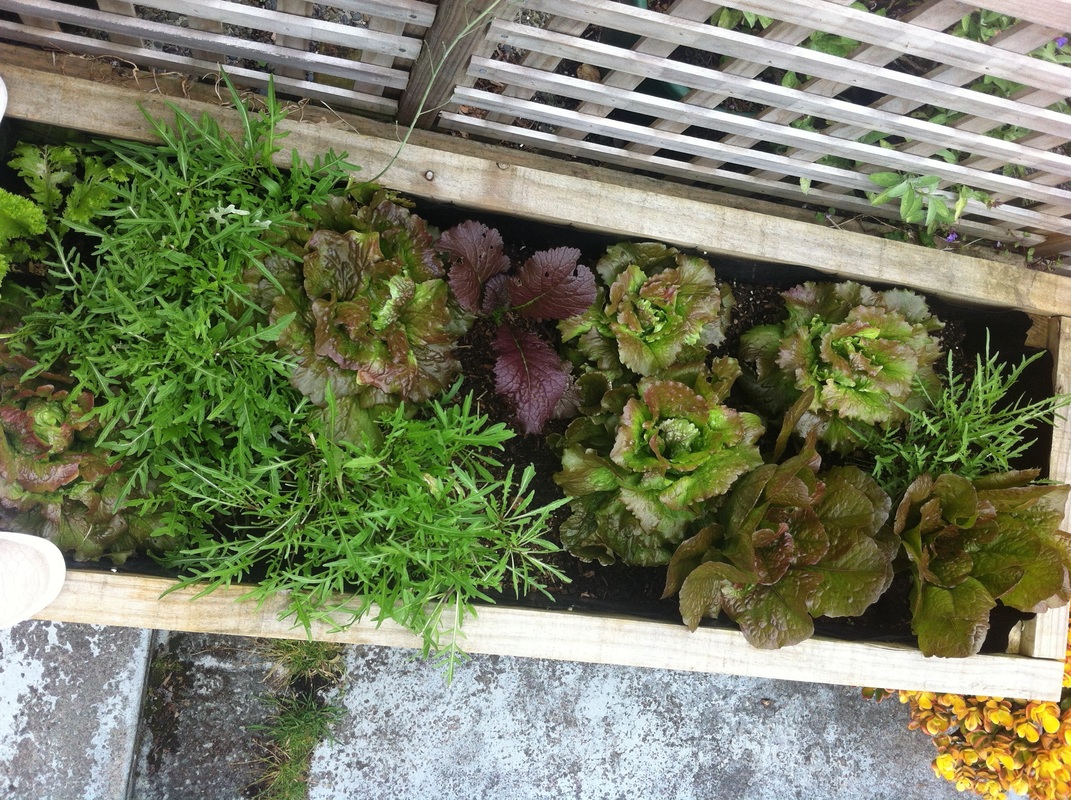
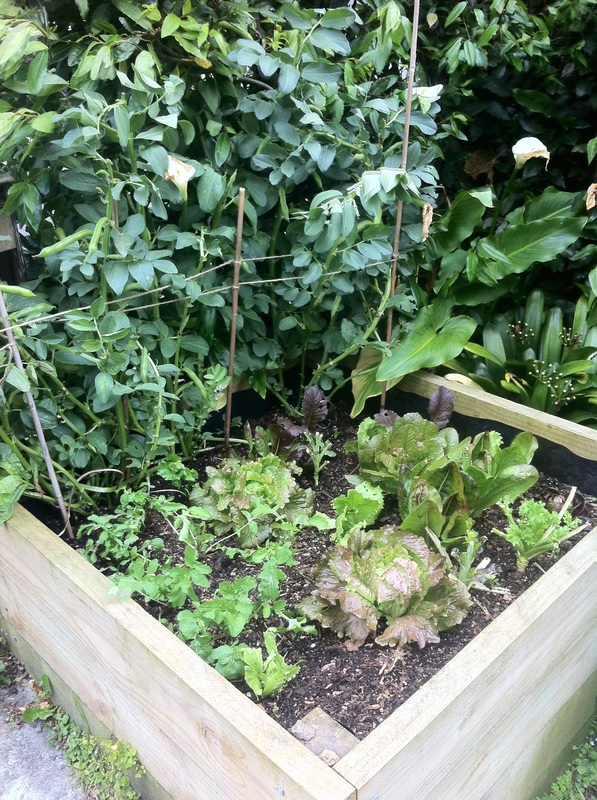
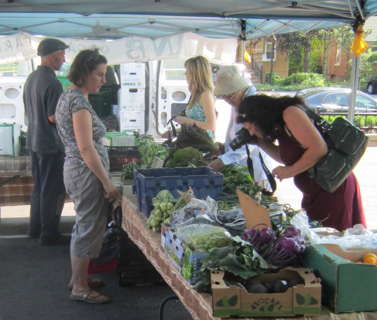
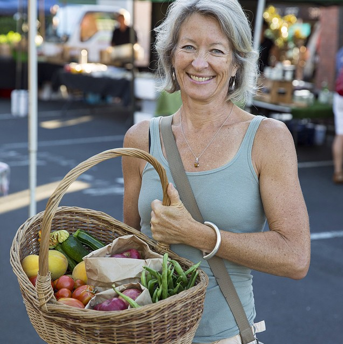

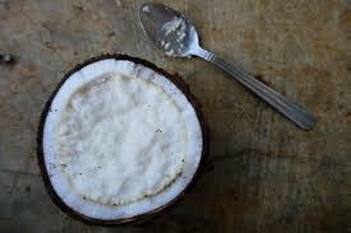
 RSS Feed
RSS Feed